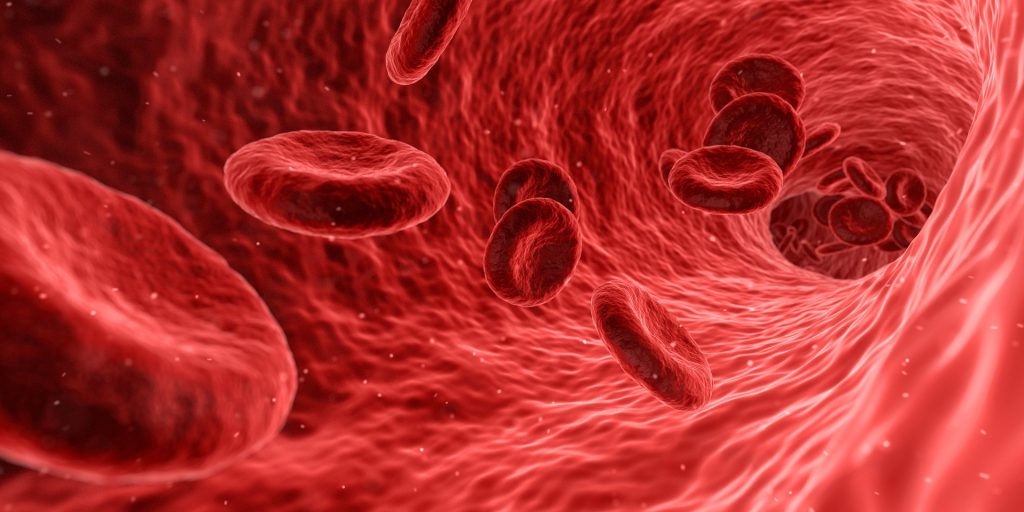
A novel study has isolated powerful anticoagulants from the saliva of ticks, which may have reduced potential for bleeding.
Blood-feeding animals rely on specific molecules in their saliva to overcome defence mechanisms of their mammalian hosts for successful survival. The saliva of ticks, for example, contains molecules that can prevent blood from clotting, and which can also suppress inflammation or immune response to enable continuous feeding on the same bite site for days, sometimes undetected by the host. The harmful effects of these parasites can actually be harnessed for medical treatments.
In their paper, published in Nature Communications, the authors explain how the cardiovascular team developed a series of thrombin inhibitors to be potent anticoagulants based on sequences of inhibitors of blood coagulation enzyme thrombin found in the tropical bont tick Amblyomma variegatum.
The team developed a series of thrombin inhibitors to be powerful anticoagulants.
Anticoagulants are used in conditions where there is an increased propensity to form blood clots in our body depriving blood supplies to important tissues and organs, otherwise known as thrombosis. These drugs are needed in many diseases caused by blood clots including heart attacks, strokes, deep vein thrombosis, pulmonary embolism and even some severe complications caused by SARS-CoV-2 infection.
These next-generation anticoagulants will now need to be tested in human trials to determine if they can effectively counteract clotting without the bleeding side effects of currently available anticoagulants.
Source: EurekAlert!

